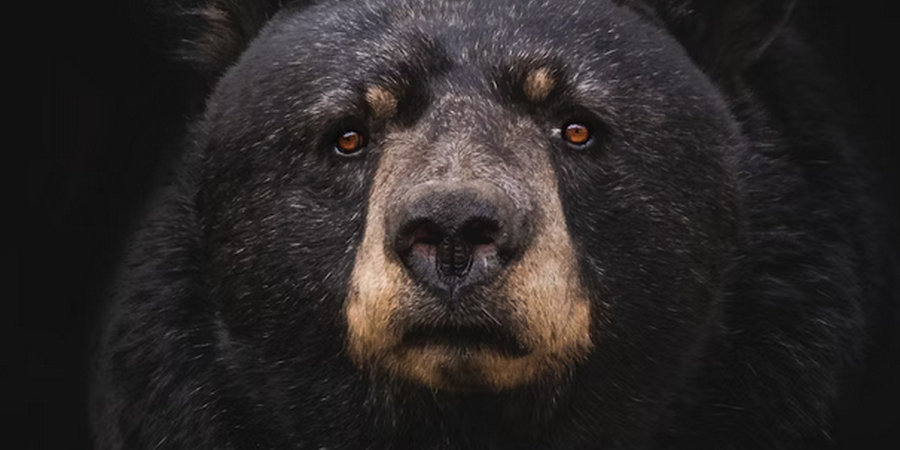DELAWARE - Delaware is not known for its black bear population. In fact, the state officially considers black bears extirpated, meaning they no longer have an established population within its borders. However, this doesn't mean that black bears are never seen in the state.
Black Bears in Delaware: Rare Visitors, Not Residents - What You Need To Know
Delaware, the second-smallest state in the U.S., is not typically considered bear country. Unlike its neighbors – Pennsylvania, Maryland, and New Jersey – Delaware does not have a resident breeding population of black bears. However, occasional sightings, particularly in northern New Castle County, do occur. This article explains why black bears sometimes wander into Delaware, what to do if you encounter one, and the conservation efforts in place.
Transient Travelers: Why Bears Visit Delaware
Black bear sightings in Delaware are rare, but not unheard of. These are usually not bears establishing a permanent home.
- Neighboring Populations: Delaware's proximity to states with established and growing black bear populations (Pennsylvania, Maryland, and New Jersey) is the primary reason for these occasional visits.
- Young Males: The bears that wander into Delaware are most often young males, dispersing from their birth range in search of food, territory, or mates, especially during the mating season (typically spring and early summer) (Source: Delaware Division of Fish and Wildlife).
- Temporary Visitors: These bears are typically transient, meaning they are just passing through and usually return to their home state.
Recent Sightings and Public Response
- Northern New Castle County: In recent years, the few reported black bear sightings in Delaware have been concentrated in northern New Castle County, the area closest to Pennsylvania and Maryland.
- Public Awareness: These sightings, while rare, often generate concern among residents. However, wildlife officials emphasize that the risk of a negative encounter is very low.
What to Do If You See a Black Bear
Encountering a black bear in Delaware is unlikely, but it's important to know how to react:
- Remain Calm: Do not panic. Most black bears are not aggressive and will avoid humans if given space.
- Do Not Approach: Never approach or attempt to feed a bear.
- Back Away Slowly: Slowly back away while facing the bear, giving it a clear escape route. Do not run.
- Make Noise: Make noise to alert the bear to your presence (if it's not already aware).
- Secure Food: If you are carrying food, keep it with you. Do not drop it in an attempt to distract the bear.
- Report the Sighting: Once you are safely indoors, contact the Delaware Department of Natural Resources and Environmental Control (DNREC) to report the sighting. This helps wildlife officials track bear movements.
Conservation and Public Education
Delaware, while not having a resident bear population, actively participates in regional bear management.
- Interstate Cooperation: DNREC works with neighboring states to monitor bear movements and share information.
- Public Education: A key part of Delaware's approach is educating the public about black bear behavior and how to minimize the chances of attracting bears to residential areas.
- Secure Food Sources: This includes securing garbage cans, removing bird feeders if bears are sighted, and avoiding leaving pet food outdoors.
Black bears in Delaware are rare visitors, typically young males dispersing from neighboring states. While the risk of a negative encounter is low, it's important for Delaware residents, particularly in northern New Castle County, to be "bear aware." By understanding bear behavior, taking precautions to avoid attracting them, and reporting any sightings to DNREC, residents can help ensure the safety of both humans and these occasional wildlife visitors. Delaware's proactive approach to public education and its cooperation with neighboring states demonstrate a commitment to responsible wildlife management, even for species that are not permanent residents.


